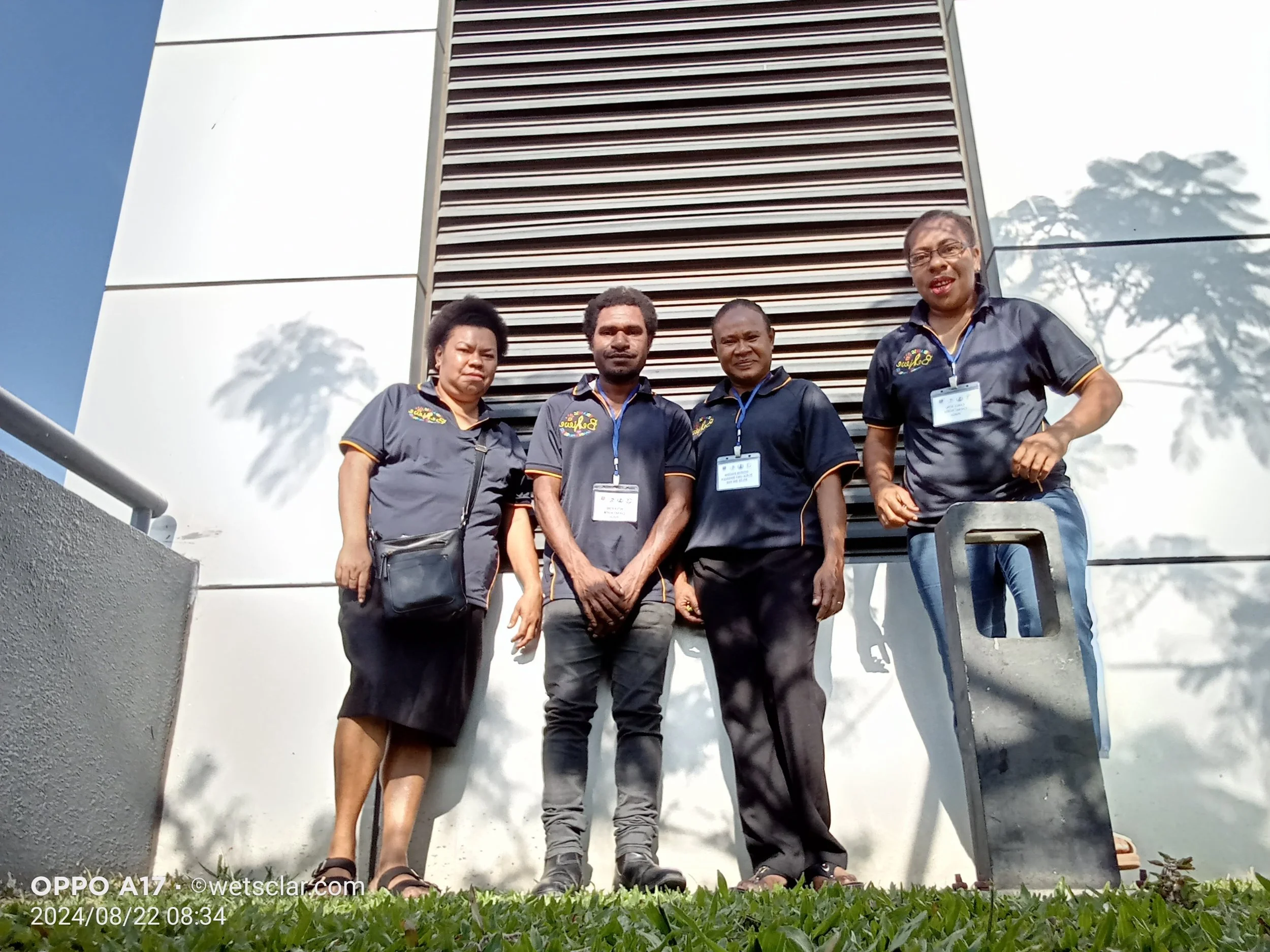Special oncology nursing networks
PaNGONA Special Oncology Nursing Networks
Overview
PaNGONA’s Special Oncology Nursing Networks connect nurses with expertise in specific oncology areas. These networks provide a platform for collaboration, knowledge sharing, professional development, and advocacy, ensuring that patients across Papua New Guinea receive safe, specialized, and evidence-based cancer care.
Purpose
Promote collaboration among nurses in specialized oncology fields.
Share best practices, clinical guidelines, and innovations.
Support education, training, and research initiatives.
Advocate for high-quality, patient-centered care in each specialty.
Current Special Oncology Nursing Networks
1. Radiation Oncology Nursing Network
Focus: This network is dedicated to the care of patients undergoing radiation therapy for various cancers. Radiation oncology nurses play a crucial role in treatment preparation, patient education, symptom management, and monitoring for side effects.
Activities:
Comprehensive training on radiation safety for both patients and healthcare staff.
Workshops on treatment planning, delivery protocols, and dose monitoring.
Patient education sessions to improve understanding of treatment, side effect management, and adherence.
Symptom management programs addressing fatigue, skin reactions, and other radiation-related effects.
Case discussions and peer-review sessions to enhance clinical decision-making and care quality.
2. Medical Oncology Nursing Network
Focus: This network supports nurses providing care to patients receiving chemotherapy, immunotherapy, and other systemic treatments. Medical oncology nurses are central to safe medication administration, patient monitoring, and supportive care.
Activities:
Competency workshops on chemotherapy preparation, safe handling, and administration.
Development and review of treatment protocols and clinical guidelines.
Training on patient monitoring, early detection of adverse effects, and emergency response.
Continuing education on novel therapies and evidence-based practices.
Case conferences for discussing complex patient management and multidisciplinary collaboration.
3. Surgical Oncology Nursing Network
Focus: This network focuses on perioperative care for cancer patients undergoing surgery, ensuring safety, optimal recovery, and holistic patient support.
Activities:
Training on preoperative assessments, surgical safety protocols, and infection control.
Postoperative care workshops covering wound management, pain control, and complication prevention.
Recovery and rehabilitation planning to support functional outcomes.
Patient education sessions on surgery, recovery expectations, and self-care.
Collaborative discussions with surgical teams to optimize patient-centered care.
4. Paediatric Oncology Nursing Network
Focus: Dedicated to caring for children and adolescents with cancer, this network emphasizes family-centered care, age-appropriate interventions, and psychosocial support.
Activities:
Pediatric oncology workshops addressing chemotherapy, supportive care, and symptom management.
Case review sessions to discuss treatment challenges and outcomes.
Training on communication with children and families, including education and emotional support.
Development of protocols for safe medication administration and adverse effect monitoring in pediatric patients.
Collaboration with child life specialists, psychologists, and multidisciplinary teams to enhance care quality.
5. Gynecological Oncology Nursing Network
Focus: This network serves nurses caring for women with cancers of the reproductive system, including cervical, ovarian, and uterine cancers.
Activities:
Training on chemotherapy, surgical care, and radiation therapy specific to gynecological cancers.
Patient counseling sessions addressing reproductive health, fertility, and treatment side effects.
Development and implementation of care pathways for pre- and post-treatment care.
Peer-to-peer learning and case discussions on complex patient management.
Advocacy for patient education and community awareness programs on women’s cancers.
6. Palliative and End-of-Life Care Nursing Network
Focus: This network supports nurses providing palliative and end-of-life care, ensuring dignity, comfort, and psychosocial support for patients and families.
Activities:
Training on pain and symptom management, including opioid use and non-pharmacologic interventions.
Workshops on communication, emotional support, and counseling for patients and families.
Development of palliative care guidelines and protocols adapted to PNG healthcare settings.
Multidisciplinary collaboration with doctors, social workers, and counselors to provide holistic care.
Education programs on ethical decision-making, advance care planning, and cultural sensitivity in end-of-life care.
Membership & Participation
Open to all PaNGONA members with interest or expertise in any specialty.
Members participate through workshops, webinars, case discussions, and collaborative projects.
Regional coordinators facilitate engagement across all provinces.
Benefits of Joining
Specialized professional development and training.
Networking and collaboration with peers and international experts.
Opportunities to contribute to research and policy initiatives.
Recognition as a leader in a specific oncology nursing specialty.



